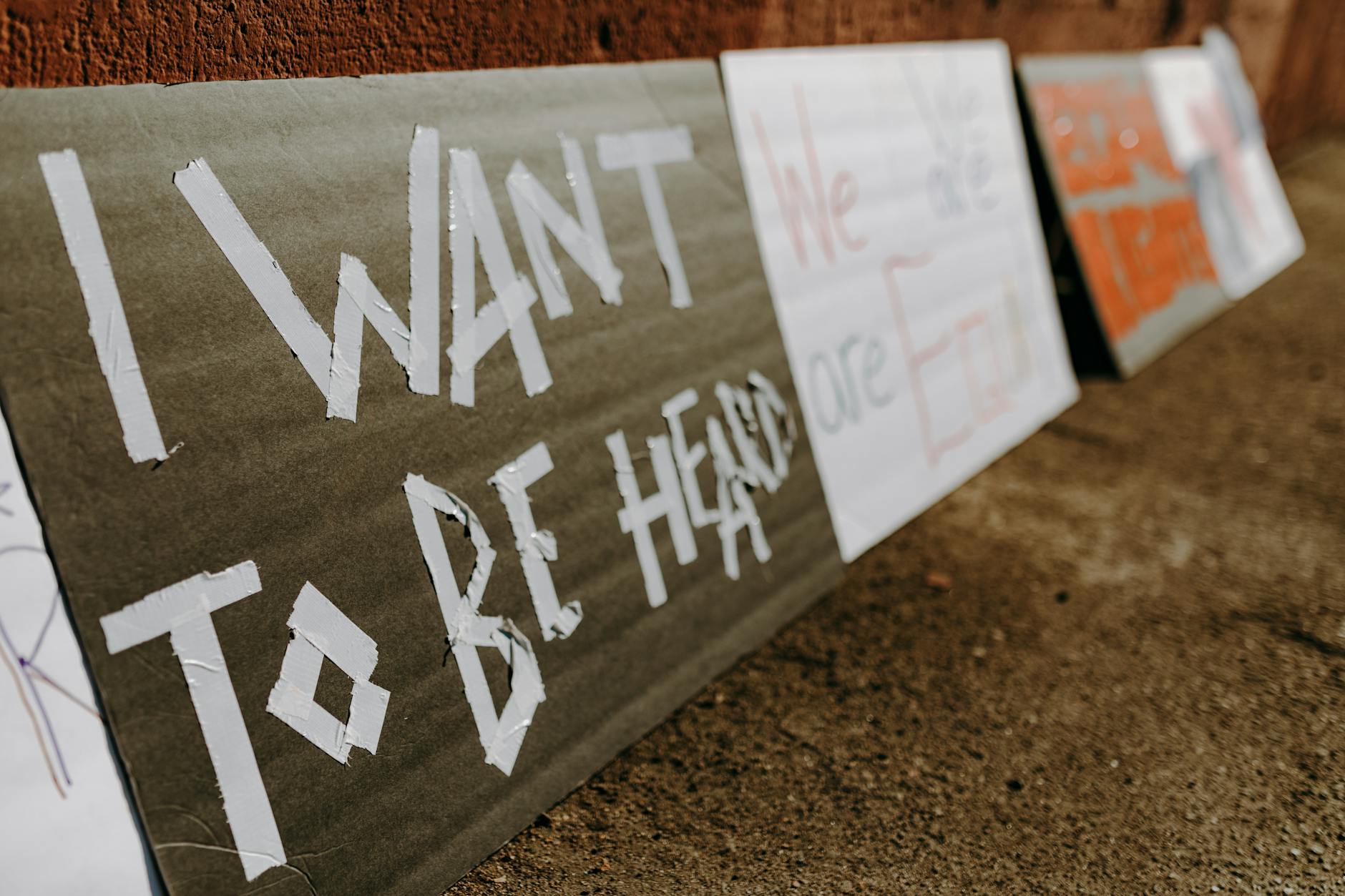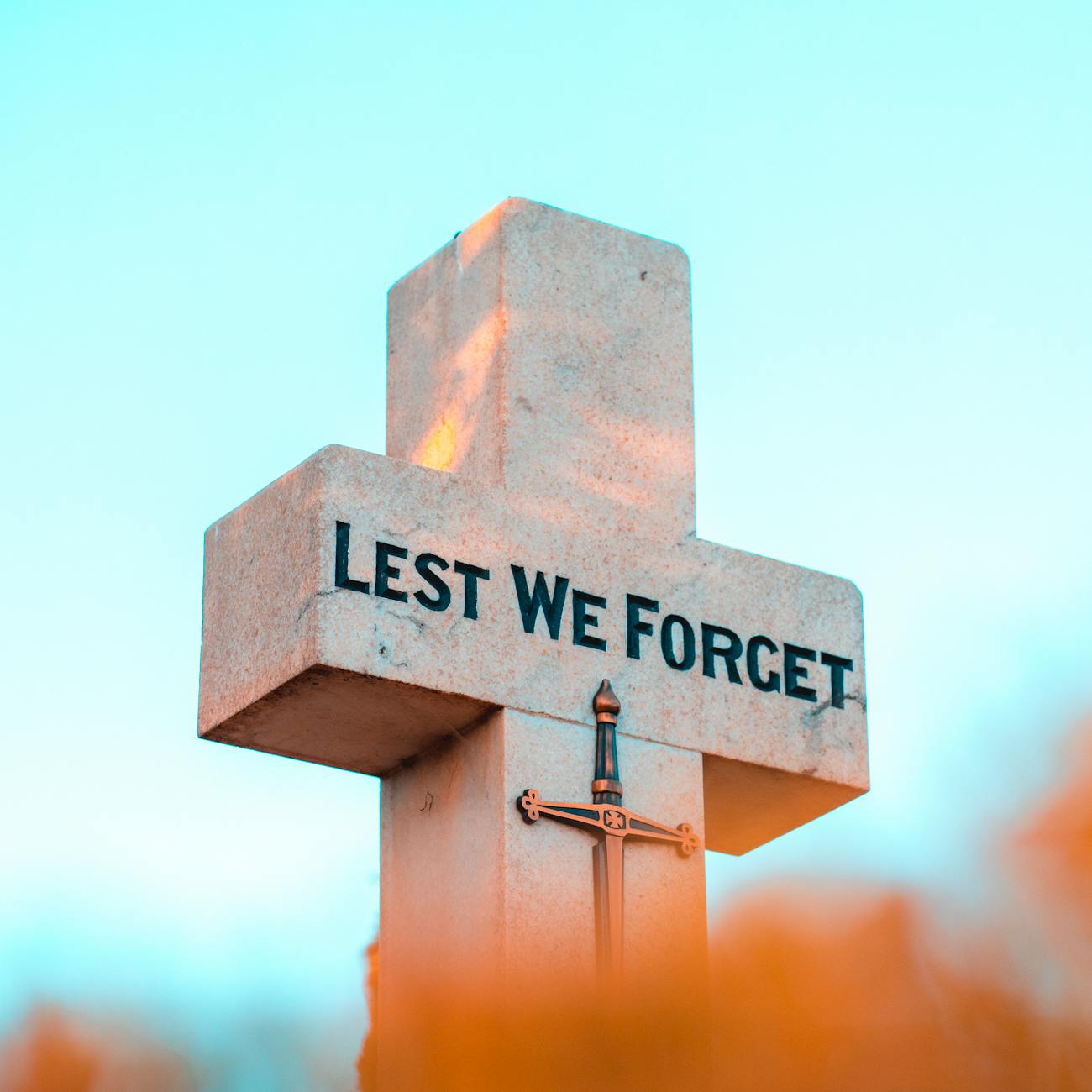Online Safety Battle: 4chan Vows to Fight UK Fines, Igniting Transatlantic Legal Debate
The popular imageboard faces substantial penalties under the UK’s Online Safety Act, setting the stage for a high-profile jurisdictional challenge.
The digital landscape is experiencing a significant standoff as the online forum 4chan, known for its anonymous posting and often controversial content, has signaled its refusal to comply with daily fines imposed by the UK’s communications regulator, Ofcom. This development, reported by the BBC, stems from the implementation of the Online Safety Act, a sweeping piece of legislation designed to tackle illegal and harmful content online. 4chan’s stance is poised to test the extraterritorial reach of the Act and the legal frameworks governing global internet platforms.
Understanding the Online Safety Act and Ofcom’s Actions
The UK’s Online Safety Act, enacted in 2023, grants Ofcom broad powers to regulate online services, aiming to protect users, particularly children, from harmful material. The Act categorizes platforms based on their size and the risk they pose, with larger or more dangerous sites facing stricter obligations. Ofcom issued 4chan, which is incorporated in Delaware, USA, a provisional notice. This notice requires the platform to comply with specific safety duties outlined in the Act. Failure to do so can result in significant financial penalties.
In response to 4chan’s perceived non-compliance with the information requests stemming from Ofcom’s notice, the regulator has levied daily fines. While the exact amount of these ongoing fines is not specified in the initial reports, the potential for substantial financial penalties underscores the seriousness with which Ofcom is approaching the enforcement of the Act. The legislation’s intention is to hold platforms accountable for the content they host, regardless of where the companies are headquartered.
4chan’s Legal Defense and Jurisdictional Challenge
A lawyer representing 4chan informed the BBC that the platform intends to contest Ofcom’s enforcement actions and will refuse to pay the daily fines. This position is reportedly supported by a US law firm, which argues that Ofcom’s £20,000 fine (as initially reported by Mobile News) is illegal. The core of 4chan’s argument likely centers on jurisdictional boundaries – challenging whether a UK regulator can legally compel a US-based company, operating primarily in the US and catering to a global audience, to adhere to its domestic laws, especially concerning content moderation decisions that may clash with the principles of free expression prevalent in the United States.
This legal dispute raises fundamental questions about the sovereignty of digital regulation in an increasingly interconnected world. Countries are grappling with how to manage online harms without infringing on the rights and operational freedoms of international tech companies. The Online Safety Act represents a robust attempt by the UK to assert its regulatory authority over online spaces, even when those spaces are facilitated by foreign entities.
The Broader Implications for Online Regulation
The outcome of this confrontation between Ofcom and 4chan could have far-reaching implications for how similar legislation is applied globally. If 4chan successfully challenges Ofcom’s jurisdiction or the legality of the fines, it might embolden other platforms to resist similar regulatory pressures from different national bodies. Conversely, if Ofcom prevails, it could set a precedent for robust extraterritorial enforcement of online safety laws, compelling international platforms to adapt their practices to comply with diverse national requirements.
Critics of the Online Safety Act have voiced concerns about its potential impact on free speech, arguing that the broad definitions of “harmful content” could lead to over-censorship. Supporters, however, maintain that the Act is a necessary measure to protect vulnerable individuals from exploitation and abuse online. The debate over balancing safety and freedom of expression is central to this legal battle.
What to Expect Next
The legal proceedings are likely to involve complex arguments about international law, corporate responsibility, and the definition of online harm. 4chan’s refusal to pay fines will necessitate further legal action by Ofcom, potentially leading to protracted court battles. The situation will be closely watched by regulators, tech companies, and civil liberties advocates worldwide, as it will shed light on the practical challenges and legal precedents of enforcing national online safety standards on a global internet infrastructure.
The core of the matter is the clash between a national regulator’s mandate and a platform’s perceived rights and operational realities. The ultimate resolution could significantly shape the future of internet governance and the responsibilities of online platforms in safeguarding their users.














